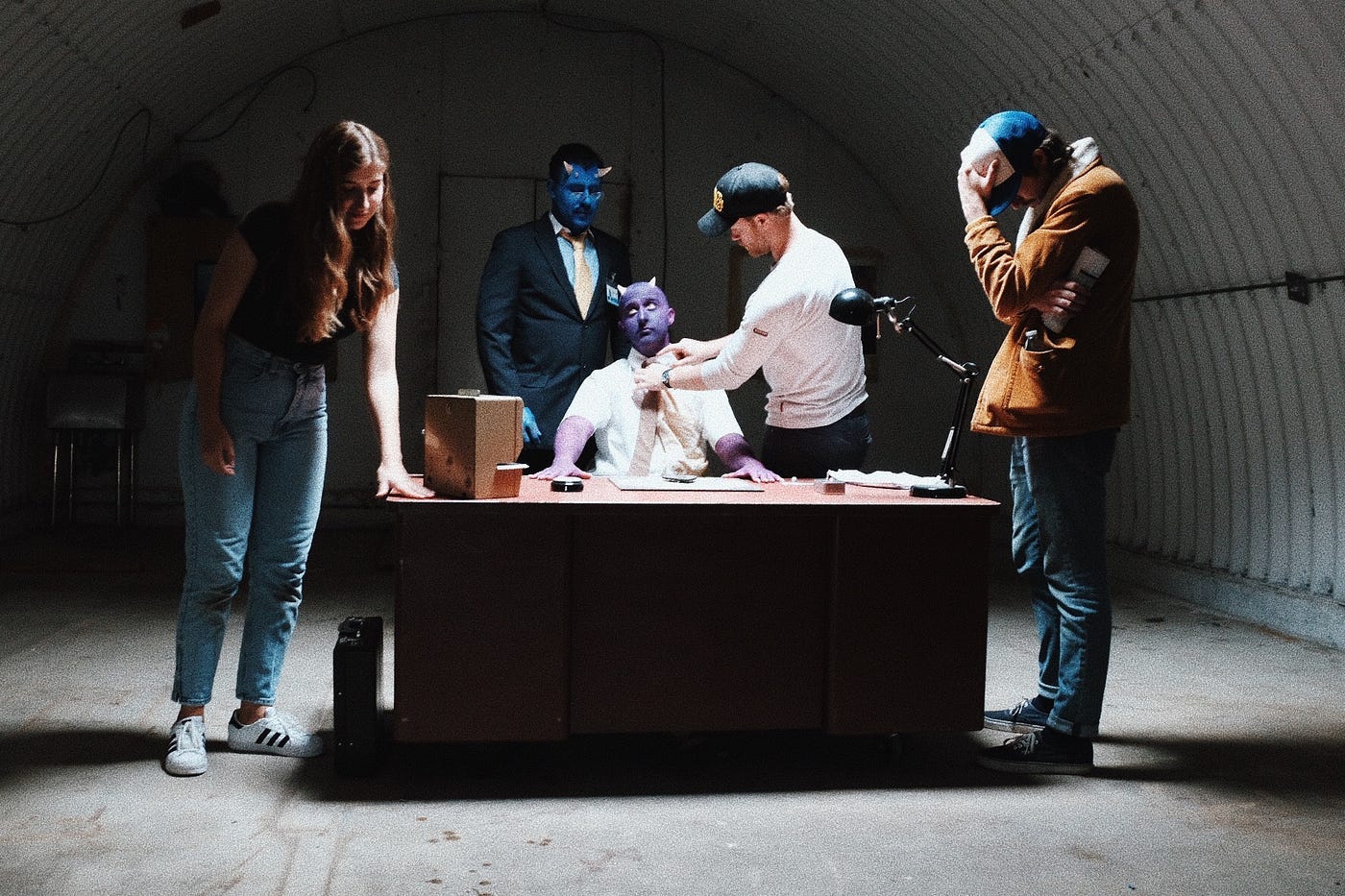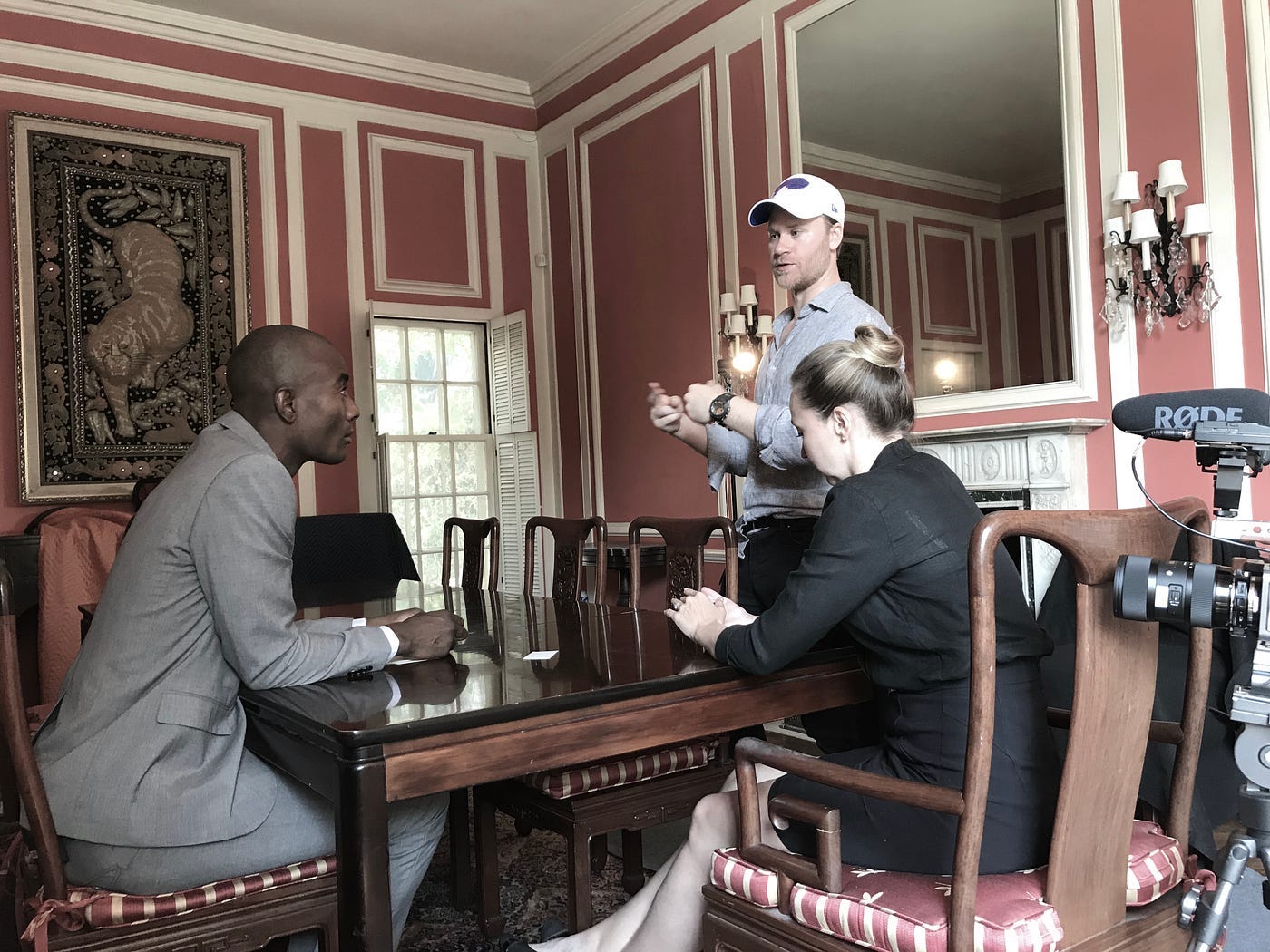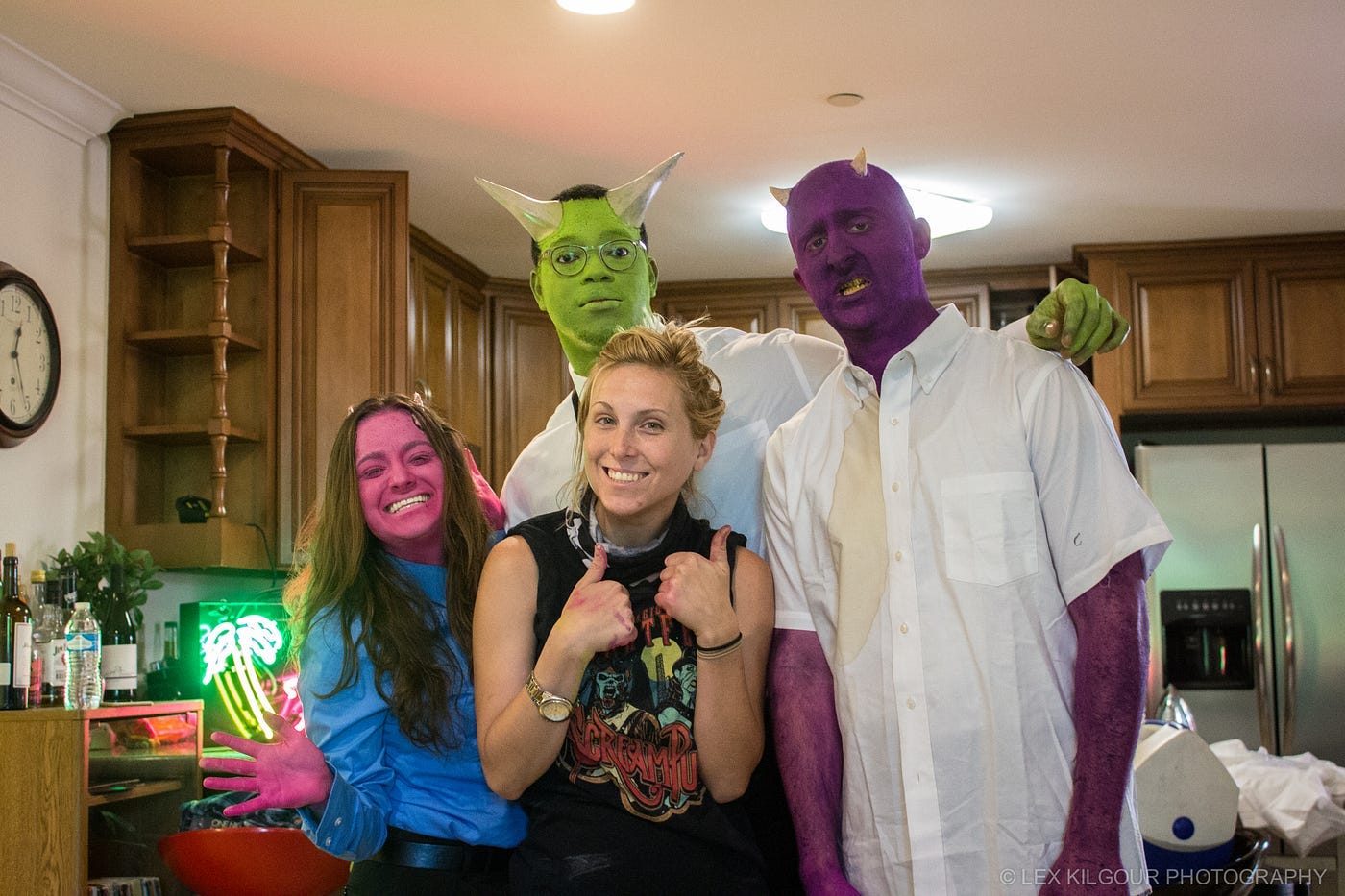10 Tips for Budget Filmmaking
Some things I’ve learned (and am constantly re-learning) making do-it-yourself films.
I’ve spent the past decade-plus making movies on a budget, including A Purgatory Story, which has over 2 million views on YouTube and qualified for the 92nd Academy Awards.
But it certainly wasn’t easy.
Here are a few things I’ve learned:
1. It’s always more expensive than you budgeted (especially if there’s no budget). All film budgets should include a 10% to 15% “contingency” for excess costs. Things come up. Emergencies happen. Be prepared!
2. No matter how the final product turns out, it will never be as great as YOU thought it would be. Even George Lucas went back 30 years later and made changes to Star Wars. It’s okay. Use what you’ve learned and keep making movies. Perfection doesn’t exist — that’s why you make the next film!
3. If you’re paying people low rates or not paying them, make sure you have GREAT food and snacks! And plenty of coffee, water & Red Bulls.
4. Good actors = a good filmmaker. Spend time casting. Actors are collaborators. Find someone who brings an open mind and unique ideas to the role. If you have underwhelming actors everyone will think you’re an underwhelming filmmaker — no matter how nice your movie looks!
5. A good editor knows how to tell a story. Your editor does the final pass on your screenplay. They are expensive, but can clean up a mess. If you can’t afford one — learn for free via YouTube. It’s a key talent.
6. If there is money, put it in front of the camera. Locations, art & props > equipment. You don’t the need the best camera. Make sure you have someone who knows what they’re doing, but put the money on screen. There are plenty of films shot with amazing cameras that have nothing interesting to shoot.
7. SOUND. Oh my god. Sound is crucial. Or else it’s going to be a nightmare in post! If you hire no one else who’s a professional, make sure whoever does sound is. And then have a backup source. Or three.
8. If you don’t have a ton of money or a big camera department, don’t go crazy with camera movements. It takes time, money and human beings to move the camera and without one or all three of those things you run a major risk of the film looking amateur.
9. Your most important weapons are your story, script and characters. 100% always.
10. At the end of the day, even if you have no money, or can’t follow any of these rules — JUST SHOOT IT! You’ll be stressed out of your mind at times, but finish your movie. That is what will separate you from everyone else. And you will be a better filmmaker for it.
And remember the golden rule of filmmaking (and life) — nobody knows anything! (including me!)
Tom is a filmmaker, writer, and photographer. He's currently studying English part-time at Oxford. Here, you’ll always find new fiction or an essay on Sundays. Visit tomkalbanese.com or subscribe for more.








